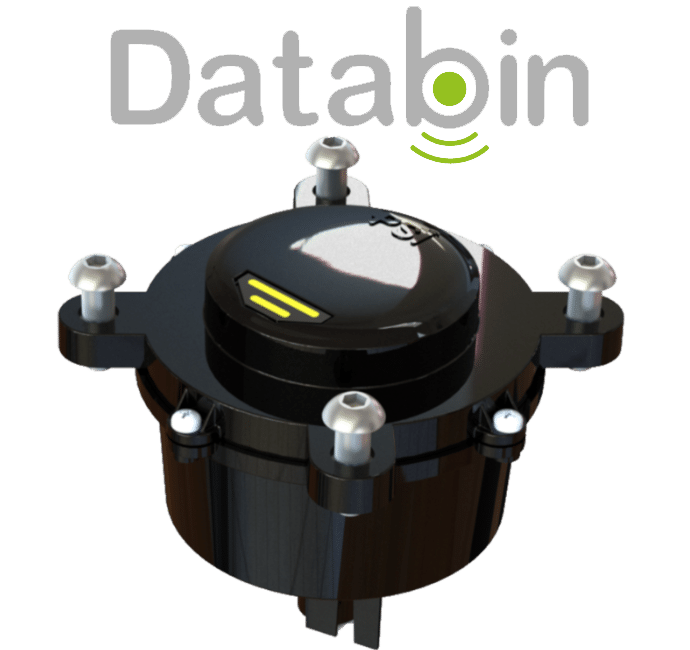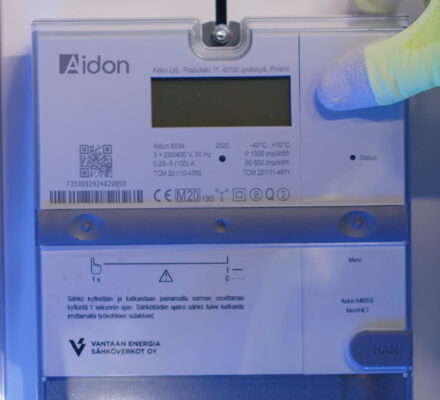
Each year, humans produce a massive 2.12 billion tons of trash. Waste management is a massive challenge for major cities worldwide. Such waste quantities present problems in waste collection and treatment. If done incorrectly, debris can accelerate the spread of disease and pollute air and water through run-off.
In the growing city of Jerusalem, trash presented a significant problem for its nearly one million residents. Last year, the slogan “Keeping Jerusalem Clean” appeared on everything from municipal vehicles to bus stops. This campaign was launched to inspire people to be mindful and educate them about the issue. It shows what they can do to contribute to a more beautiful Jerusalem in the present and the future.

The city ramped up the number of street cleaners from 180 in 2019 to more than 500 in 2020. It is also phasing out above-ground trash bins and replacing them with underground ones to improve aesthetics.
In Israel, the Tamir Recycling Corporation reduces waste through recycling. They chose the Databin smart system from PSi Ecology Ltd. to maximize optimization for collecting recyclables and reducing waste.
The Underground Container Is the Leading Waste Bin in Israel
PSi Ecology Ltd. was established in 2000 and brought the first underground waste bin to Israel. The company provides innovative IoT waste monitoring and management through the Databin system. Databin optimizes waste collection by analyzing evacuation rate patterns and providing real-time alerts regarding garbage levels.

Databin consists of a smart end unit installed in a container. The data it collects includes:
- Garbage volume
- Humidity
- Temperature
Databin analyzes this data and transmits it to the user interface and the evacuation truck driver. As an optimal real-time work plan, the system learns bin behavior and optimizes work plans from program to program.
The Databin system is adapted to the next generation of autonomous garbage trucks — no human hand contact required. Most importantly, Databin sends alerts and provides real-time control over the work plan’s execution.
With intelligent routing and collection, Databin enables customers to reduce mileage and save and streamline garbage collection. It prevents environmental hazards associated with garbage accumulation. Databin saves between 30-50% of waste evacuation costs.
Telit Provides the Connectivity Tools Databin Needs to Help Keep Cities Cleaner
Databin chose Telit’s ME310 module using Telit’s connectivity management, SIM cards and data plans. Telit connectivity management allows Databin to monitor and manage its IoT deployment using an intuitive, web-based dashboard. This dashboard provides real-time views and promotional features that offer cost-saving benefits, such as:
Connectivity and Device Control
Telit’s internet-based connectivity management tools are easy to use and offer individual control, ranging from one SIM to the entire IoT deployment.
Business Visibility and Intelligence
One dashboard provides a view of each device deployed in detail. In addition to enabling devices to operate and install devices, businesses can:
- Analyze connection quality
- Monitor data usage and connection status
- Set optimal assignment parameters
Track and Analyze Usage Data
Telit’s IoT connectivity management enhances performance for IoT deployments of any size or scope. It improves end-user satisfaction with data reduction and cost-management optimization.
Smart Waste Management Solutions Drive Innovation for a Cleaner Planet
By providing connectivity and modules, Telit powers end-to-end communications that enable Databin customers to manage every aspect of waste collection. Through KPIs, customers can view and control their daily activities without maintenance. Databin contributes to Jerusalem’s goal to keep the city clean. It serves as a pilot for other cities facing waste management challenges.

Databin’s devices transmit relevant information to the customer, such as capacity, temperature and humidity. We looked for a company to help us optimize our solution. We found a reliable consultant for our cellular challenges in Telit.
Avi Ron, CEO, PSi Ecology


